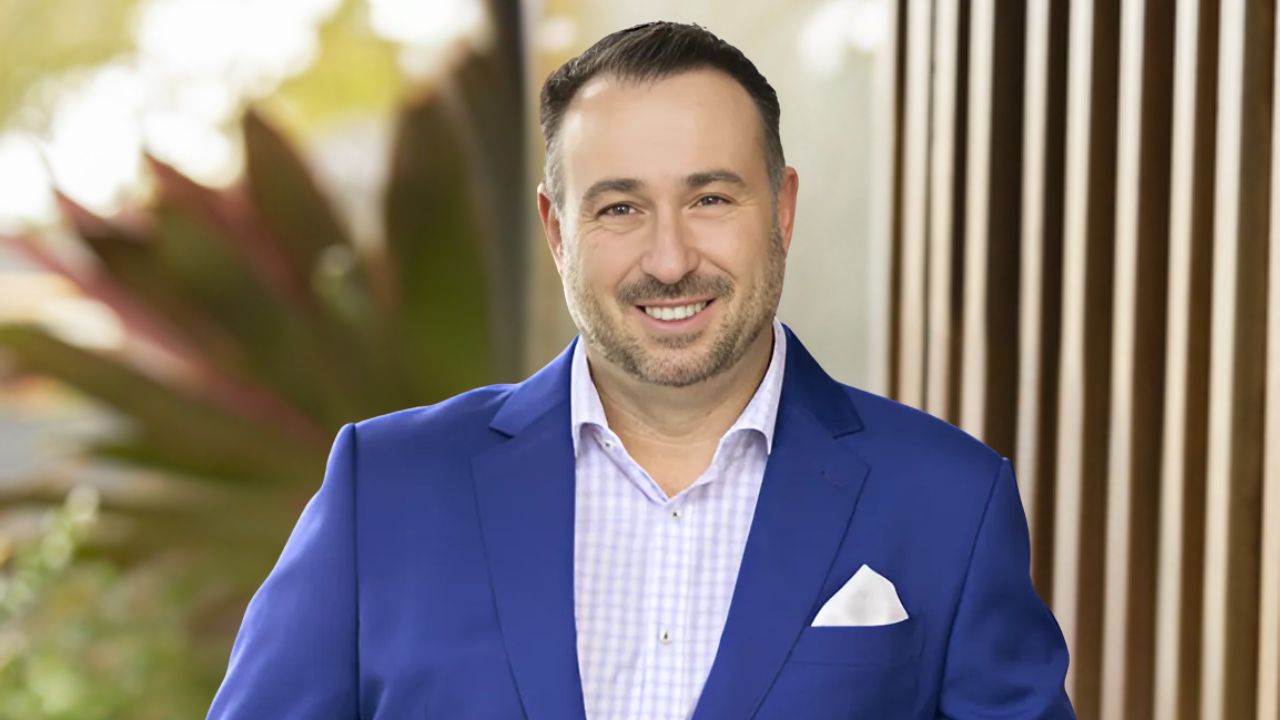In any real estate market, pricing a property correctly is both an art and a science.
Whether it’s boom, bust, or somewhere in between, the conversation about price is the one agents have over and over again—and it’s rarely straightforward.
Ryan McCann, Director at First National Cleveland, knows this well. With nearly three decades in the business and a reputation for handling high-end listings, he says price adjustments are one of the trickiest but most important conversations agents must master.
“It’s all about evidence.”
“I bring sellers a report with detailed buyer feedback, highlight the comments around price, and ask: ‘Where do you think we are, based on this?’
“When you’ve had 42 buyers through and most say the property is worth early threes, it becomes hard to argue for mid-threes.”
Ryan’s process is deliberate. His feedback reports are detailed—never a vague text message.
He captures buyer impressions on layout, finishes, features, and, most importantly, price expectations.
“When I ask where they see value, I write that down. Then, sitting face-to-face with sellers, I show them the pattern. When eight out of ten buyers say early threes, the sellers usually reach the conclusion themselves.”
He’s also careful to frame pricing conversations with care.
“I don’t call it a price reduction—I call it a market check-up.I ask for 15 minutes to sit down and show what’s happened since the campaign began and what’s likely ahead. That way, it doesn’t feel like failure.”
In one recent case, Ryan listed a property with a vendor hoping for $3.8 million. An early offer at $3.3 million was rejected.
Three weeks later, the campaign was adjusted to offers over $3.25 million. By that stage, the evidence was clear: competing properties had sold for less, and buyers had moved on.
“You’ve got to get the price right early, or you risk losing momentum,” he says.
Across the industry, the challenge is familiar. In 2025, as some markets soften and interest rates remain steady, unrealistic expectations are common.
Much of it comes down to behavioural economics: vendors are often influenced by the endowment effect and loss aversion, leading them to overvalue their homes based on emotion rather than data.
A 2018 Gavl survey found 92 per cent of agents believed vendors had unrealistic price expectations—more than half said the gap was $50,000 or more. Seven years on, we can realistically say that gap has widened further.
And while the data landscape has improved since then, the psychology hasn’t changed.
“Data alone isn’t enough,” says Ryan.
“Sellers want to feel heard. But they also need to see the facts – comparable sales, buyer feedback, time on market trends. And if you’ve got that structure and that honesty from the start, you won’t need to ‘condition’ anyone later.”
He adds that pushing back on unrealistic expectations isn’t about negativity; it’s about protecting the campaign.
“In 80 per cent of cases, your first offer is your best. But sellers don’t always want to hear that in week one. They want to explore. That’s fair … but you’ve got to keep showing them where the market is.”
Ryan also warns against agents who flatter vendors just to win listings.
“If someone else is quoting way above, ask to see their evidence. Because that overpromise can cost you weeks, and eventually the sale.”
Academic research supports this. A 2013 study from Wharton found that higher list prices can anchor buyers’ expectations and sometimes lead to higher final sale prices—but overpricing also runs the risk of properties becoming stale.
As the market moves into a more balanced phase, agents agree that honest, evidence-backed pricing conversations are more important than ever.
Not just for the campaign but for credibility.
“When we get it right,” Ryan says, “we’re not just selling homes, we’re building long-term trust.”

